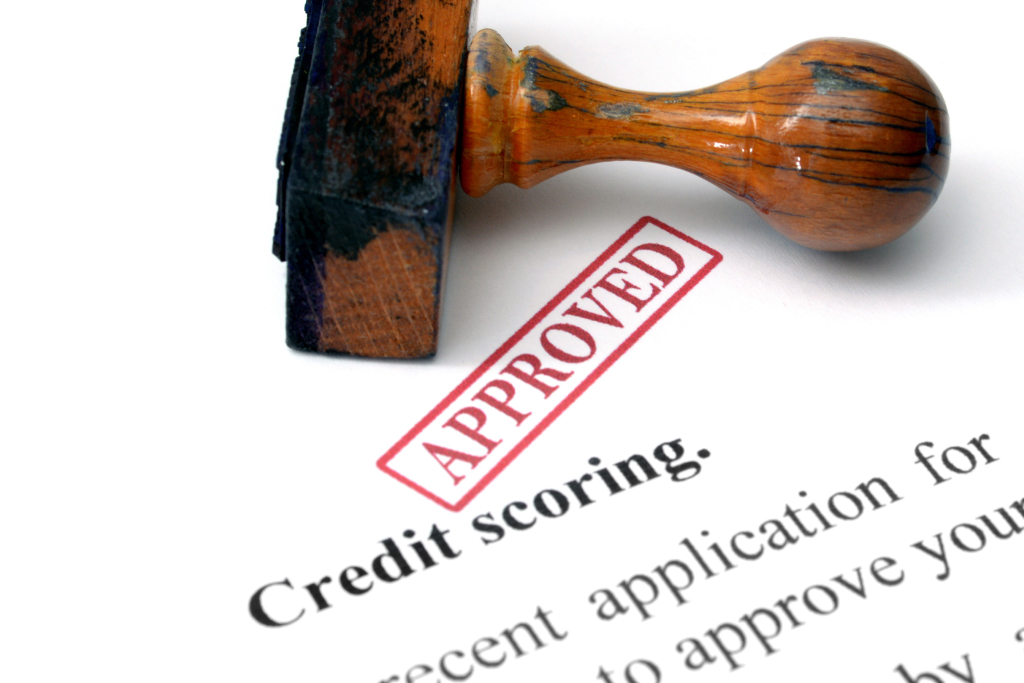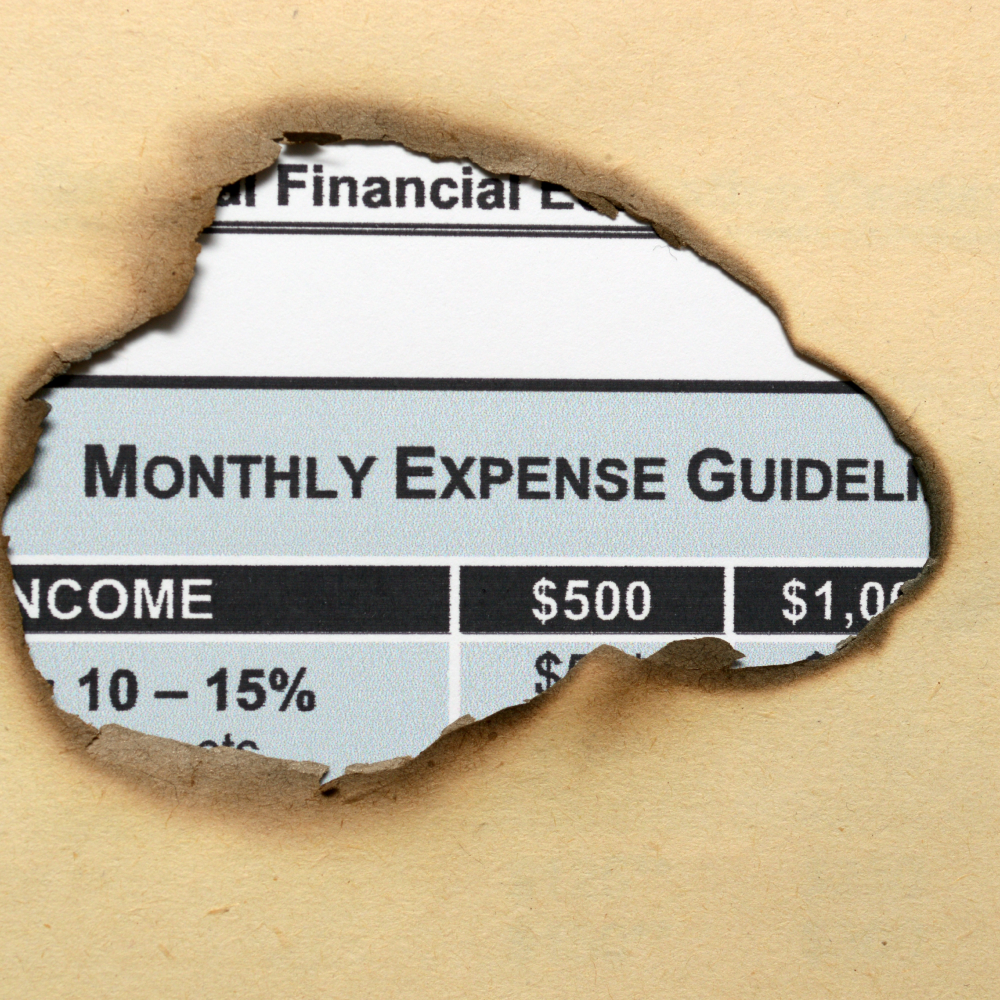What Credit Score is Needed for a Mortgage Loan?

Do you want to be among the approximately 65 percent of people in the U.S. who are homeowners? More than half of your fellow California citizens own a home.
There are numerous benefits to homeownership. Among the advantages are these:
Building Equity — Equity is the amount of value you have in a given asset.
Building Wealth —As your property increases in value so does your equity, and this allows you to sell for a profit.
Strong Credit History — Buying a home can assist you to strengthen your credit over time, as long as you are consistently making your monthly mortgage payment.
Long-Term Savings — By building equity in your home, you are also setting aside money for your future.
One of the biggest challenges to purchasing a home is being approved by a lender for a mortgage loan. And everything hinges on your credit score when it comes to the financial terms of your home loan. The right credit score could mean the difference between an affordable monthly payment with low interest and high-interest loan payments that skyrocket your debt.
What is a Credit Score?
A credit score is a three-digit number that is used by lenders to evaluate your creditworthiness. This score is generated based on your credit history, which includes your payment history, how much debt you have accumulated, the length of your credit history, and other factors.
In essence, a credit score is designed to represent your credit risk or the likelihood that you will pay your bills on time.
Credit scores can range from 300 to 850, with higher scores indicating better creditworthiness. A good credit score makes you an attractive borrower because it shows that you have managed your credit, and finances in general, well.
Credit Score You Need to Buy a Home
The higher your credit score, the more lenders will want to work with you on a home mortgage loan. Even if you have a low credit score, there are ways you can still secure a mortgage.
The credit score you will need to buy a house will primarily depend on the type of home loan you choose.
Credit Score Requirements by Home Loan Type
Conventional Home Loan
Conventional loans are ideally suited for borrowers who have high credit scores, as well as a lot of money saved for a down payment. Conventional loans – which are not guaranteed or backed by a government program – will typically require a credit score of 740 or higher. Credit scores of 640 to 739 will be approved, however, the borrower will pay a much higher interest rate. It may also call for a larger down payment. Any credit score below 640 usually will require a manual underwriting process.
Conventional loans are ideally suited for borrowers who have high credit scores, as well as a lot of money saved for a down payment. Conventional loans – which are not guaranteed or backed by a government program – typically require a credit score of 620 or higher.
If your credit score is below 620, lenders will either decline your loan or require you to pay a higher interest rate. That translates into higher monthly mortgage payments.
VA Loan
A government-backed VA loan could be a good choice if you’re a veteran or a qualified service member or spouse. There is no industry-set minimum credit score to purchase a home with a VA loan.
FHA Loan
An FHA loan is probably your best bet if you have a low credit score or if you don’t have much money saved for a down payment. An FHA loan is insured by the Federal Housing Administration. You typically need a minimum credit score of 640 for an FHA loan, with a 3.5% down payment. If your score is between 580-639 you may be asked to put additional funds down, up to 10%, and some additional lenders specific requirements for an approval.
USDA Loan
It may be a good idea to pursue a government-backed USDA loan if you intend to live in a qualified rural or suburban area and have an income that is below 115 percent of the area’s median income.
The majority of lenders require a minimum credit score of 640 for USDA loans.
How to Increase Your Credit Score Before Buying a Home
If your credit score needs some improvement so you can get more favorable terms on your mortgage loan in California, there are steps you can take to boost your creditworthiness.
Here are several ways you can increase your credit score:
Keep balances low — The Consumer Financial Protection Bureau (CFPB) recommends you not spend more than 30 percent of your available credit. The goal is to show that you’re using your credit responsibly, and having a low credit utilization ratio – a measure of how much of your available credit that you’re using – proves that you are.
Apply just for the credit that you need — According to the CFPB, the credit scoring formulas look at your recent credit activity as a signal of your need for credit. If you apply for a lot of credit over a short period, it might be interpreted by lenders that your economic circumstances have changed negatively.
Make on-time payments — Your track record of making on-time payments on outstanding debts, — your payment history — can be an important factor in determining your credit rating, according to FICO and VantageScore.
Pay more than the minimum — You may think you’re saving money by paying the minimum amount on a credit card, but, in actuality, you’re paying more in the form of interest charges. The interest can add up quickly and cost you a lot of money in the long run. According to the CFPB, paying off your balance each month can help you get the best scores.
California Community Credit Union Can Help You Improve Your Credit Score
Good news! Through a service we offer called Savvymoney – that all members have access to – you’ll be able to view your score and educational informational. This service is designed to assist you in increasing your credit score over time. The Savvymoney service is available through our CACCU Home Banking.
Look to California Community Credit Union to Set Up Your Mortgage Loan
At California Community Credit Union, we will work diligently to get you the best terms on your home refinance loan. We have the expertise and experience to ensure that you get the most value for this type of loan.
We are here to walk you through the whole process and answer any questions you may have.
you may also like
5 Investing Ideas to Help Prepare for Your Future
Investing can be one of the most effective ways to build wealth and secure your financial future….
Home Equity Financing: How Credit Unions Can Make It Easier
The housing market has seen significant fluctuations over the past few years, with home values rising substantially…









